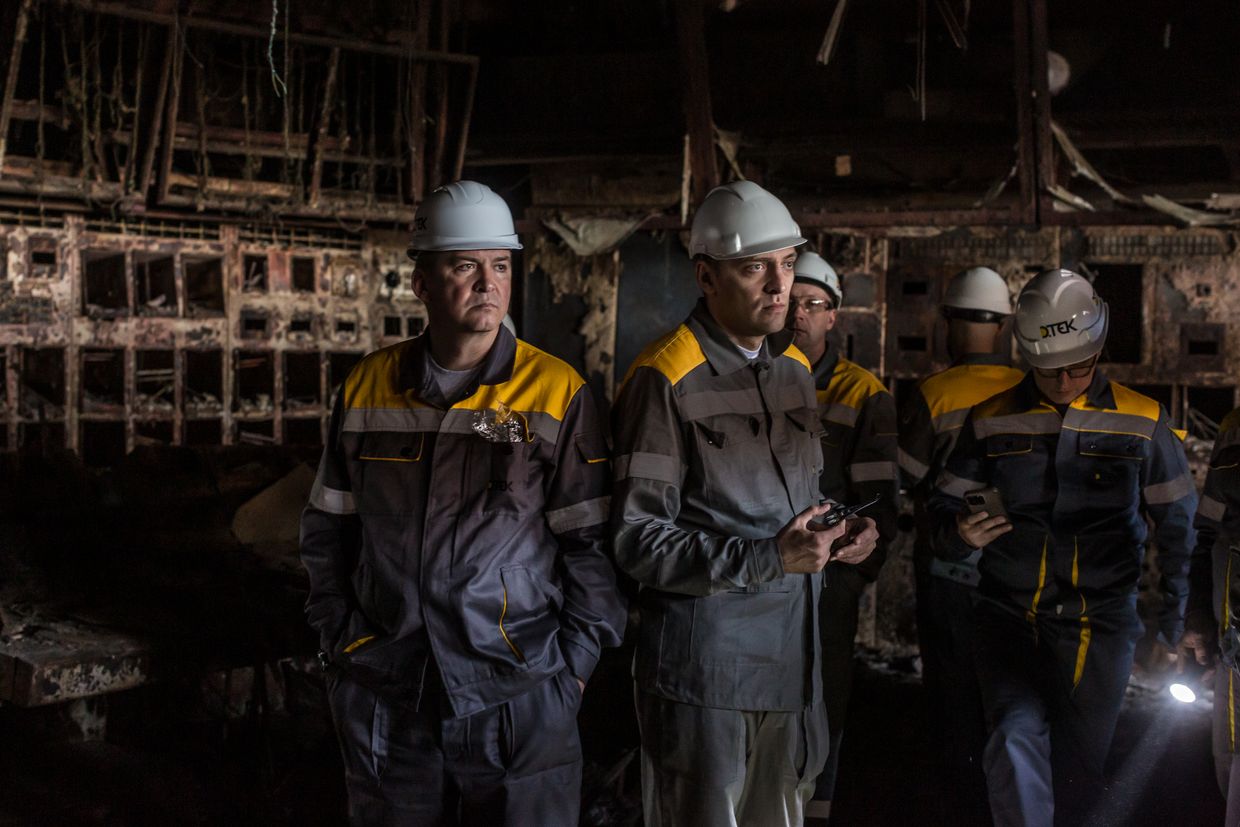Ukraine imports more electricity in June than in all of 2023

Ukraine imported over 858,000 megawatt-hours (MWh) of electricity in June 2024, which is 91% more than the volume imported in May and more than what was imported in the whole of 2023, ExPro Electricity monitoring data showed on July 3.
Russia renewed its attacks on Ukraine's critical infrastructure in the spring, pushing the country's energy grid to breaking point.
Ukrainians have faced lengthy, daily interruptions in electricity since May 15, when scheduled blackouts were implemented amid serious power shortages.
Ukraine's largest private energy company, DTEK, said at the end of June that it had lost nearly 90% of its energy generating capacity due to Russian attacks.
Most of Ukraine's energy imports in June came from Hungary, at 42%, while Slovakia and Romania provided 17% each, Poland provided 16%, and Moldova provided 8%, according to ExPro data.
Slovakia, Romania, and Poland provided emergency electricity supplies to Ukraine for five days in June. On average, Ukraine imported 28,600 MWh from its neighbors each day in June.














